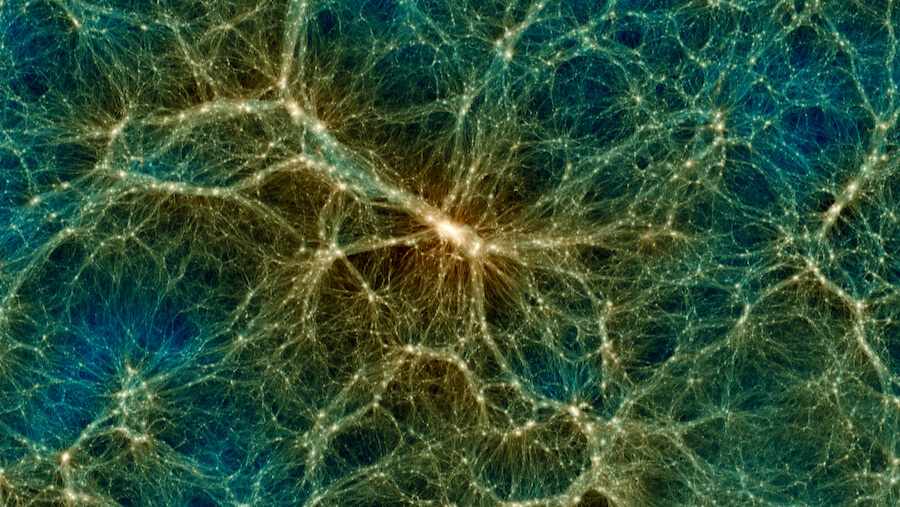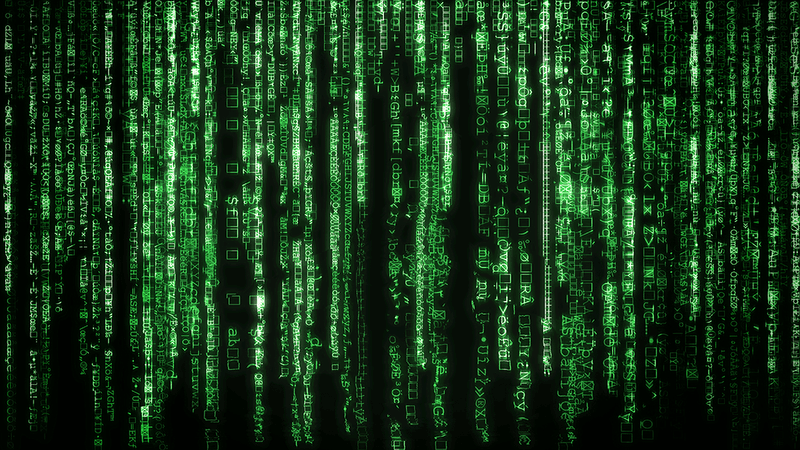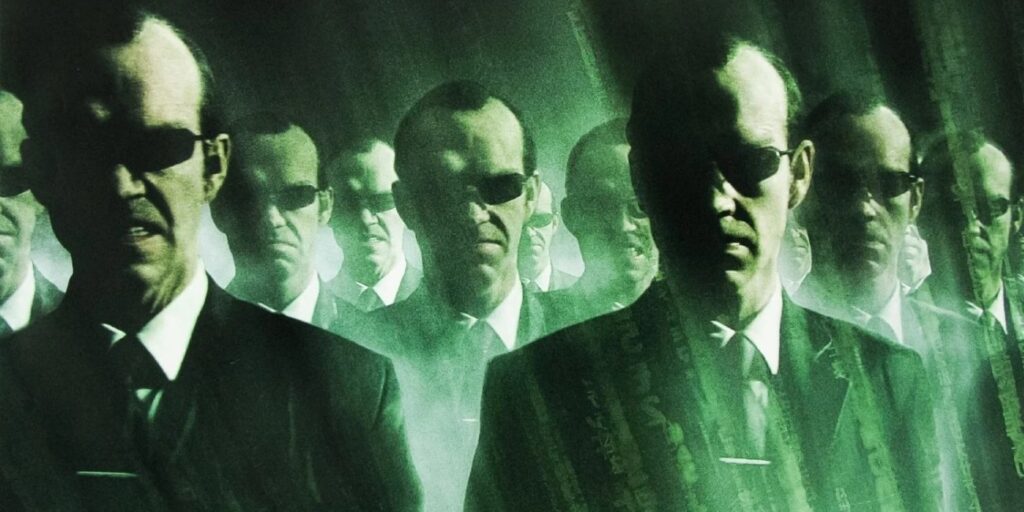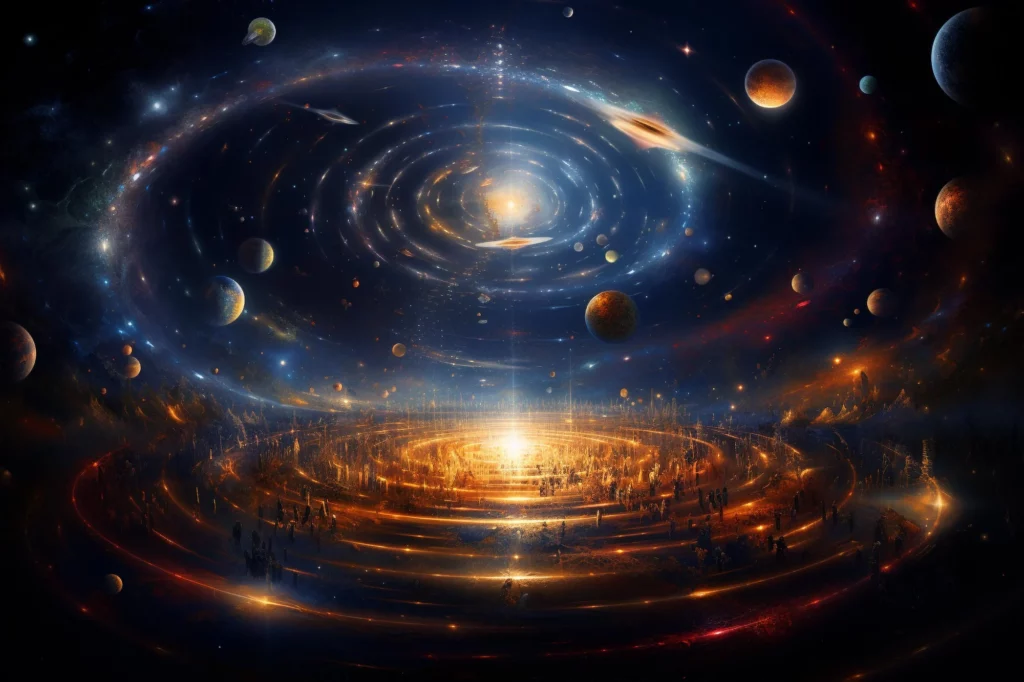Imagine this: every atom, every star, every laugh and tear – all an elaborate computer program, a reality rendered by some cosmic supercomputing entity. This isn’t the plot of a sci-fi film; it’s the controversial yet compelling “simulation hypothesis,” and renowned astrophysicist Neil deGrasse Tyson is among those pondering its plausibility.

“If you’re not embarrassed by the first idea that pops into your head, you’re not thinking creatively enough,” Tyson once mused. And the simulation hypothesis certainly qualifies as creative. It posits that advanced civilizations, having cracked the code of physics and computation, could create universes indistinguishable from our own. We, the inhabitants, would be akin to NPCs in a vast video game, blissfully unaware of the simulated nature of our existence.
The arguments for this mind-bending scenario are surprisingly potent. Consider the vastness of the universe, an estimated 100 billion galaxies each containing billions of stars, all teeming with potential for life. Could it be, as Tyson himself ponders, that “we are somehow the first people, or the only people, to get this far. The only ones in the universe who have developed complex language, complex culture, complex societies?” Or is it more likely that somewhere, somehow, other civilizations have traversed the evolutionary ladder, perhaps even exceeding our own capabilities?

Furthermore, the increasingly intricate laws of physics, with their constants seeming finely tuned for life, lend credence to the idea of a crafted universe. As Nick Bostrom, a philosopher championing the hypothesis, argues, “if civilizations routinely reach a posthuman stage capable of running such simulations, then most beings who are conscious likely live in simulated realities.”
However, as Tyson cautions, “the universe is under no obligation to make sense to you.” While the arguments in favor of the simulation hypothesis are intriguing, they remain speculative. We lack concrete evidence, any glitch in the matrix, to definitively prove or disprove this reality-shattering concept.

Ultimately, the simulation hypothesis serves as a humbling reminder of the vast unknown that surrounds us. It compels us to question our perceptions and the fundamental nature of reality, urging us to push the boundaries of scientific inquiry and technological advancement. Even if we never definitively answer the question of whether we’re living in a simulation, the journey towards unlocking the secrets of the universe itself is a worthwhile pursuit.
So, the next time you gaze at the star-studded sky, remember Neil deGrasse Tyson’s words: “We are in the business of changing the world, not just understanding it.” Perhaps, by unraveling the mysteries of the cosmos, we might one day stumble upon the answer to that most profound question: are we players in a grand cosmic game, or are we, as Tyson concludes, “the universe trying to understand itself?”

The journey continues, and the simulation hypothesis, whether truth or tantalizing thought experiment, serves as a powerful impetus to keep exploring, keep questioning, and keep seeking the ultimate secrets of our existence.